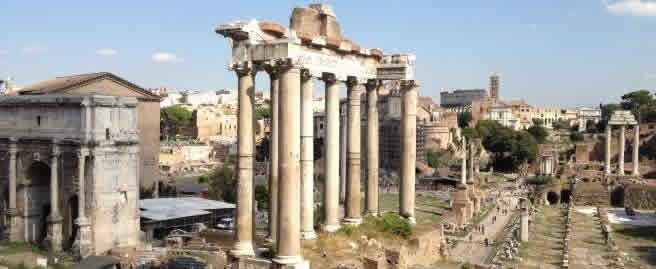On the 17th of October the Forum welcomed Gillian Waters who entertained members with a talk titled The Wars of the Roses (a Tale of Two Halves). Gillian teaches at York University and has also worked at the Leeds Armouries.
The first point she made was that the War of the Roses was nothing to do with the rivalry between the counties of Lancashire and Yorkshire but was caused by the competition between two dynasties for power. These dynasties were headed by two sons of King Edward III, the Dukes of Lancaster and York. The war started in 1455 with the Battle of St. Albans and finished in 1485 but in these 30 years there were only 428 days of campaigning and many parts of the country were not touched by the civil war. Gillian described how battles were fought in medieval times, each side employing the same (English) tactics resulting in stalemate, illustrating her talk with pictures of medieval warfare.
Eventually the two sides met at Towton where occurred the bloodiest battle to ever take place on British soil, it being one of the only two British battles to last more than four hours.
Richard III (a Yorkist) took the throne in 1483 and Gillian mentioned the famous case of the Princes in the Tower whose murder, she believes, was not caused by Richard but by Margaret of York who had ambitions for her son Henry Tudor who eventually invaded Wales and defeated (and killed) Richard at Bosworth Field bringing the War of the Roses to a close.
Mike Earle proposed a vote of thanks for an excellent talk.
